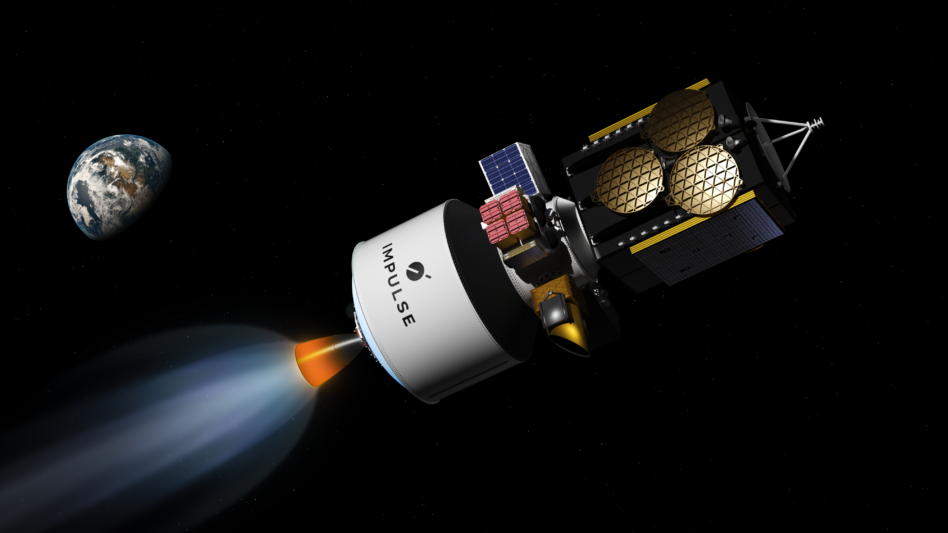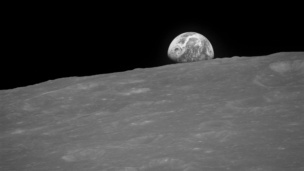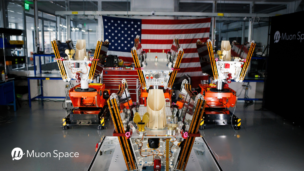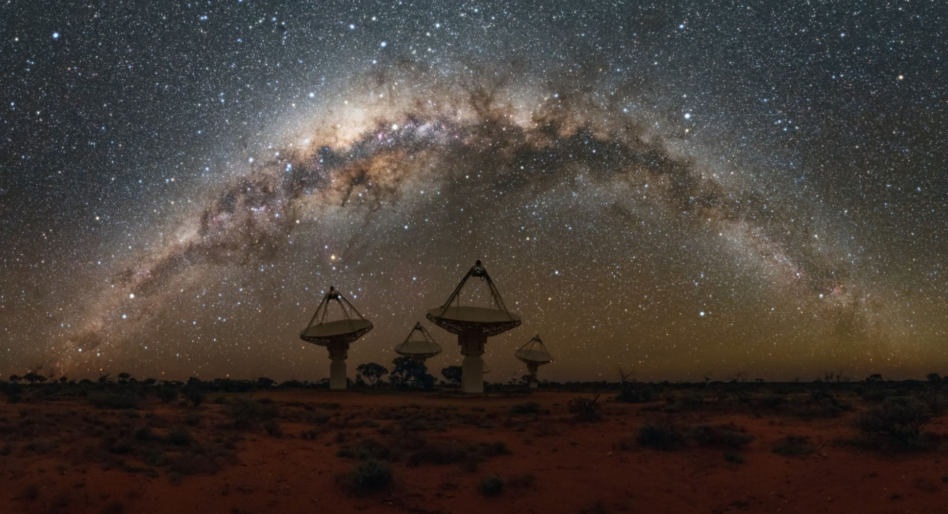The man who built the Falcon 9’s Merlin engine is back with a new vehicle that hopes to make reaching geostationary orbits cheaper.
Tom Mueller, CEO of Impulse Space, announced today that the company is building a kick stage called Helios, which is designed to ferry payloads of up to 5 tons from LEO to high altitude destinations in less than 24 hours.
The big idea: Spacecraft heading for high orbits today have two options: a slow six to eight month journey using electric propulsion, or an expensive but fast ride aboard a high-powered SpaceX Falcon Heavy or ULA Vulcan rocket that can deliver a spacecraft directly where it needs to go—whether that’s a geostationary orbit, a Lagrange point, or even a heliocentric orbit.
Mueller tells Payload that Helios—built around a new staged-combustion methalox engine called Deneb that will generate 15,000 lbf of thrust—will save customers tens of millions of dollars by allowing them to purchase flights on a variety of medium-lift rockets and still deliver their payloads to orbit at direct-injection speeds. Customers could also save by not investing in expensive and mass-hogging propulsion systems for their spacecraft.
A higher calling: In an industry obsessed with massive satellite constellations in LEO, the attractions of a higher orbit are starting to become clear again: Astranis, a satellite operator focused on geostationary satellites, is now among the most valuable private space companies. Firms with similar aspirations could find their path to space made easier by Helios. Mueller expects the vehicle to be available to customers in 2026.
Why should you take Impulse seriously? The business of “last mile” satellite transportation has been slow-going. Companies developing space tugs, including Momentus, Spaceflight Industries, Exolaunch, and D-Orbit are facing a crowded market, in part because all are largely competing to fly on SpaceX rockets until another western launch provider starts regularly flying commercial payloads. Impulse, however, has serious propulsion expertise, and Mueller says its small space tug, Mira, is currently passing an orbital shakedown cruise with flying colors.





